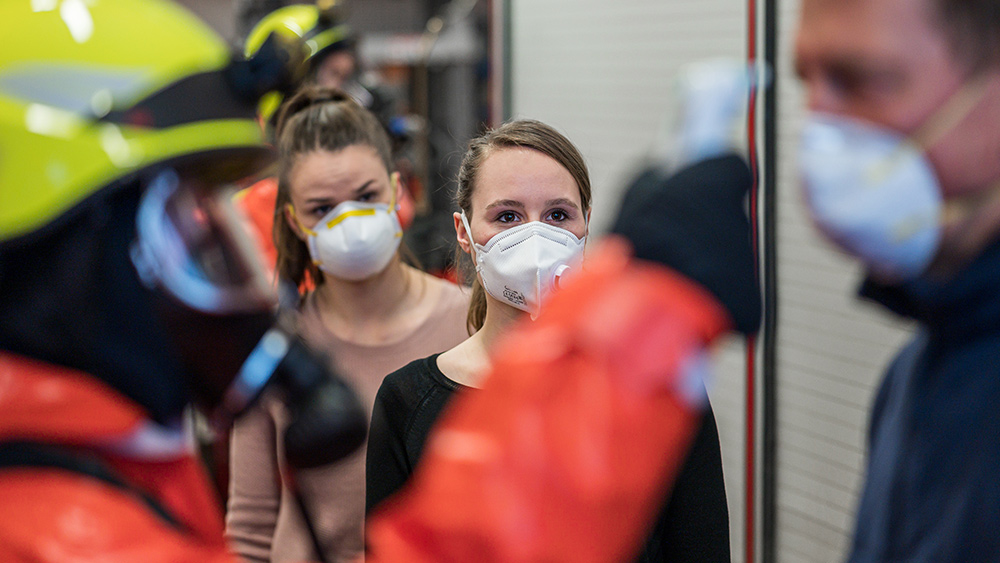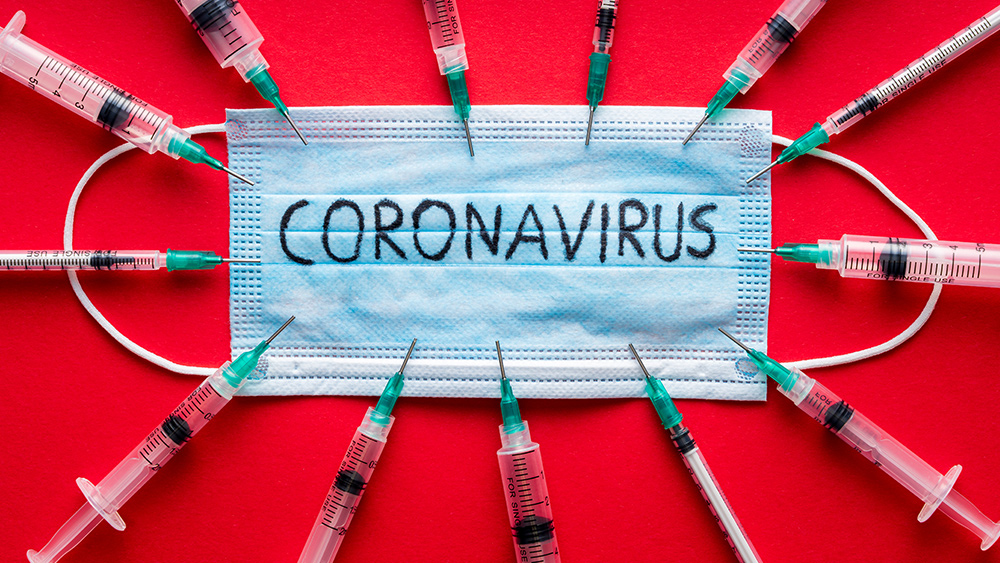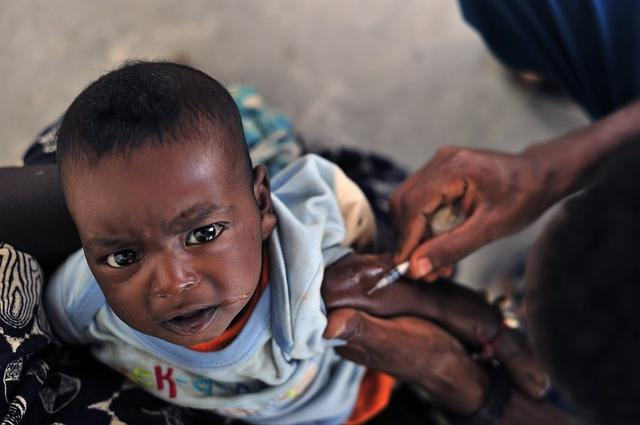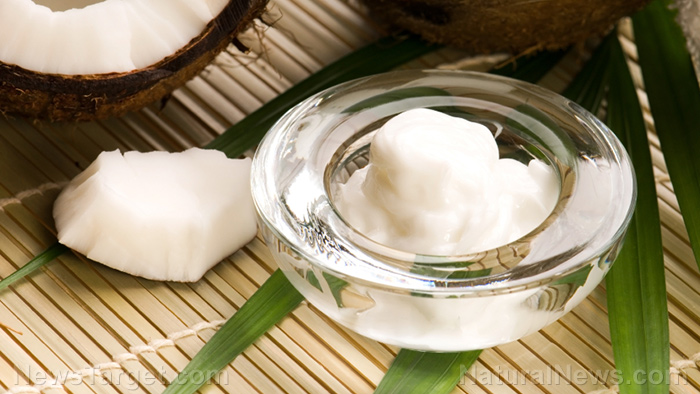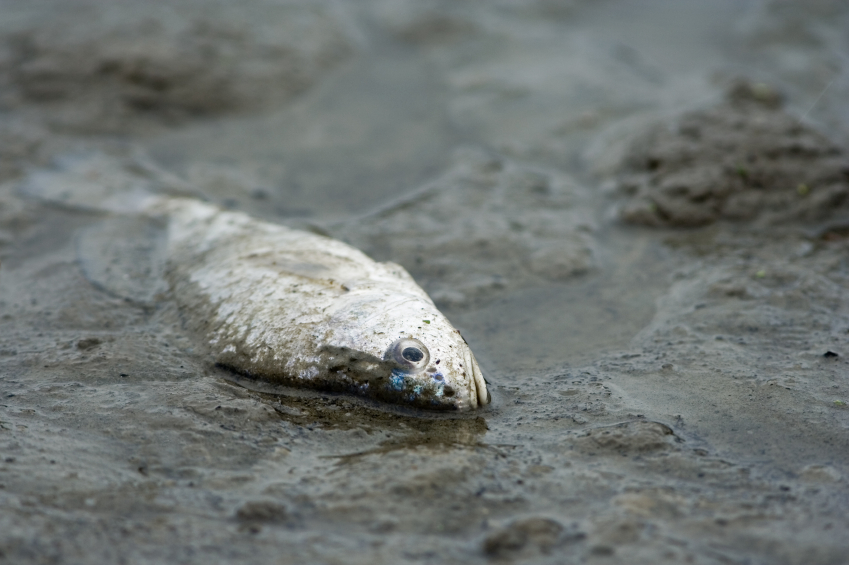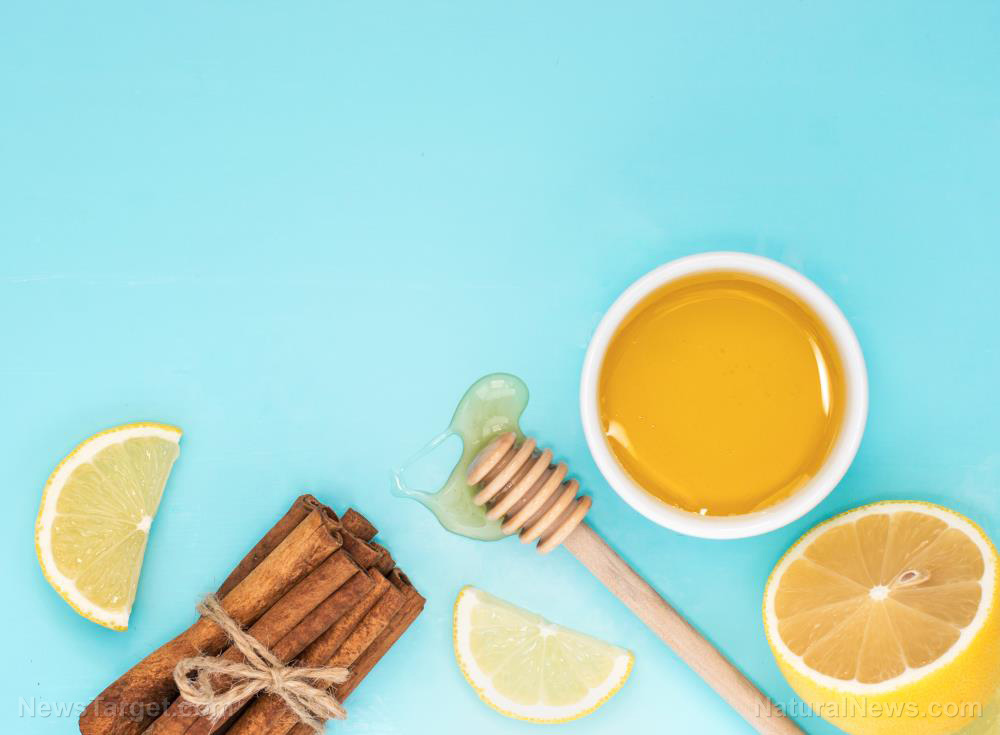US signs landmark cooperative health agreement with Taiwan
08/10/2020 / By Franz Walker

The United States and Taiwan have just signed a landmark agreement to expand public health cooperation between the two countries.
The signing of the memorandum of agreement (MoU) between the two countries was overseen by U.S. Department of Health and Human Services (HHS) Secretary Alex Azar – the highest-level U.S. cabinet official to visit Taiwan since 1979 when the U.S. severed official diplomatic ties with the island nation.
During the signing, Azar credited Taiwan’s open and democratic system for successfully containing the spread of the Wuhan coronavirus (COVID-19). At the same time, he called out Beijing for its failures to contribute to global health.
The two countries to cooperate on health matters
The MoU was signed by the Taipei Economic and Cultural Representative Office (TECRO) in the United States, Taiwan’s de-facto embassy in the United States and the American Institute in Taiwan (AIT), the U.S.’s de-facto embassy on the island.
According to a press release by Taiwan’s Ministry of Health and Welfare (MOHW), the MoU covers global health security, infectious disease prevention and control, and digital health, through cooperative programs, meetings and personnel exchange.
“This MoU aims to enhance the health and wellbeing of people of Taiwan and the United States as well as promote global health security together,” wrote the MOHW in a statement.
In addition to the MoU, Azar and MOHW Minister Chen Shi-chung – Azar’s counterpart in Taiwan – also signed a statement reaffirming the two countries’ long-standing cooperation to address health challenges, including COVID-19.
“As we look ahead to health threats in the future, the United States and Taiwan will continue to strengthen our cooperation on health, relying on the common sense goals of transparency and openness that define successful health efforts,” stated Azar at the press conference.
The U.S. and Taiwan currently have no official diplomatic ties. Instead, the countries maintain a robust, non-diplomatic relationship. In addition, the U.S. also supplies Taiwan with weapons and military equipment for its defense against the mainland, which continues to threaten the country with annexation by force.
MoU follows Taiwan’s success in fighting COVID-19
The ongoing coronavirus pandemic has put a new spin on the relationship between Beijing and Taipei. Beijing has continued to oppose Taiwan’s inclusion into the World Health Organization (WHO), which meant that the latter was effectively on its own in fighting the coronavirus.
Despite its isolation, however, Taiwan has been largely successful in fighting the outbreak. The island has only had 477 cases and 7 deaths according to data from Johns Hopkins University.
Much of Taiwan’s success in fighting the outbreak was due to their taking advantage of their geographical isolation, ignoring early WHO guidance – which based on advice from Beijing – that the virus wasn’t spread from person-to-person, tightening border controls and limiting the entry of travelers from China.
The island’s success in dealing with the disease has earned it praise and recognition from other countries. It’s also helped forge relationships with other nations, often at the expense of Beijing – something that hasn’t been helped by how the latter has bungled attempts to use the pandemic for diplomacy.
In April, Taiwan inked a formal partnership with the Czech Republic for fighting the pandemic, giving it a partner in the European Union. This was after China’s efforts to strengthen ties with the region suffered a blow following reports of defective masks and other protective equipment from China.
The MoU with the U.S., however, looks to have much bigger repercussions than previous agreements. It comes as the U.S. formally announced its withdrawal from the WHO last month, a move that will become official on July 6, 2021.
By partnering with a country that has successfully fought the disease despite not being part of the WHO, the U.S. reinforces its position on why it left the organization in the first place. At the same time, the MoU represents an alliance that comes at the expense of Beijing, who wields significant influence over the WHO, as it lends further support to Taiwan.
Learn more about global efforts, and the political repercussions, of fighting the coronavirus over at Pandemic.news.
Sources include:
Tagged Under: Asia, China, coronavirus, covid-19, disease, epidemic, Flu, freedom, government, HHS, Liberty, national security, pandemic, politics, superbugs, Taiwan, USA

